Generally speaking, vegetable consumption is trendy nowadays. In the past 5 years, the sale of organic vegetable plants to professional growers has been booming. “Organic products are more and more popular. We have been producing organic plants for 20 years and in just 5 years, our organic production went from 7 to 22%,” explains Didier Cadiou, general director of Emeraude Plants.
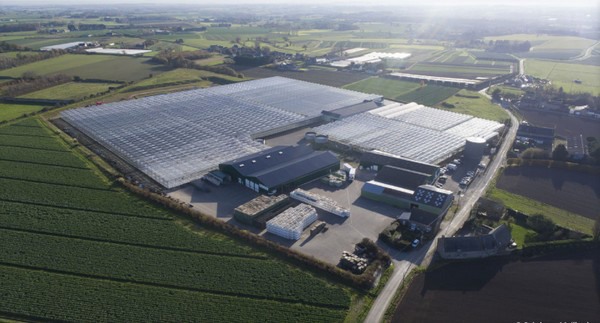
But consumption is not only evolving in favor of organic products. Some vegetables, although not very popular a few years ago, are now gaining in popularity among consumers. “The squash is a vegetable that has become more important in recent years. Before, we were producing just a little, while today, the demand for plants has strongly increased.”
However, it is important not to draw hasty conclusions regarding the impact of fresh vegetable consumption on the production of vegetable plants. “We note a shift in consumption, with a decreased interest in fresh vegetables in favor of processed vegetables. Before, the average household was taking the time to cook more. Today, they consume fresh vegetables on weekends and prefer frozen and processed products during the week. Therefore, celeriac is now consumed less as a fresh product, but it continues to be eaten as a processed product,” explains Didier.
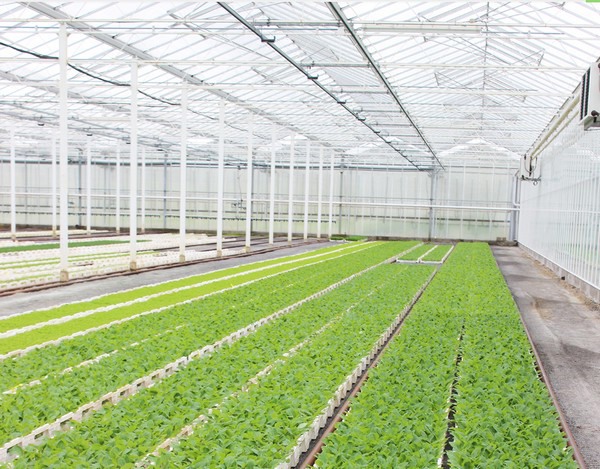
Producers today look for technicality and segmentation in plants
Besides consumption, the needs of vegetable growers have also evolved. “As far as tomatoes are concerned for example, in terms of agronomy, professionals now look for high-end plants with a certain level of technicity such as the capacity to flower very quickly. From a commercial point of view, we want a segmentation of the market. Cluster tomatoes still make up the majority of the volume, but the diversification which leads to the production of cherry and cocktail tomatoes, as well as tomatoes with an atypical color for example, continues to take up market shares.”
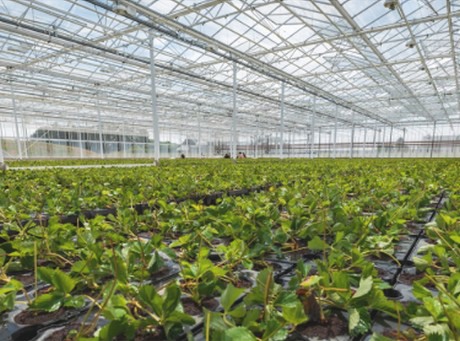
Ambitions in terms of sustainable development
Sustainable development also holds a significant place in the company’s strategy. “We now have a water treatment system that results in minimal water waste. We only provide the plant with what it needs to grow and we therefore avoid waste. Integrated pest management also is a tool that we continue to develop. As far as peat is concerned, substrate used for our organic production to replace rock wool which is banned, we try to reduce its use in favor of other inputs such as wood fiber, in order to limit the impact that peat extract can have on the environment.”
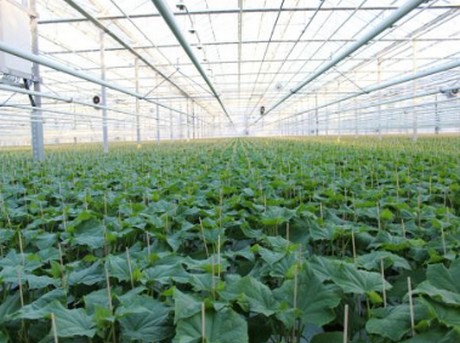 Warm plants
Warm plants
Pesticides and energy: the two major challenges for plant production today
According to Didier, the production of vegetable plants today is faced with two major challenges. “The first has an agronomic dimension. All production systems will have to be reinvented, so they can be free of chemicals and pesticides. The amount of pesticides used is really small in plant production anyway. But what is certain is that bio-control will have to be used in an “industrially agronomic” way. We will have to find other alternatives to pesticides, as the consumer wants.”
“And of course, the second challenge will concern energy. The carbon footprint of our greenhouses will have to be neutral, or even negative.”
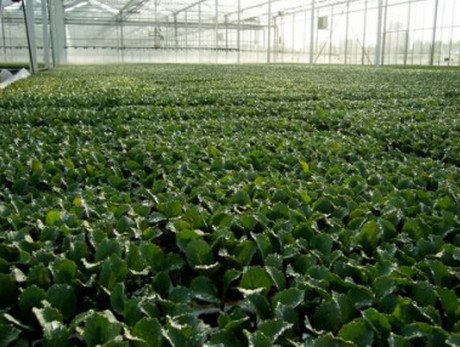 Cold plants
Cold plants
About Emeraude Plants
Didier Cadiou created Emeraude Plants more than 25 years ago. Today, the company is among the 5 largest producers of plants in France. Also at the head of two other companies, Arc’At Plants and Atlantique Plants Bio, the group’s production area of vegetable plants spreads over 9 hectares, for an annual production of 150 million plants, winter vegetables for the most part.
For more information:
Didier Cadiou
Émeraude Plants
Phone: 02 99 21 39 39
cadiou-didier@emeraudeplants.fr
www.emeraudeplants.fr
